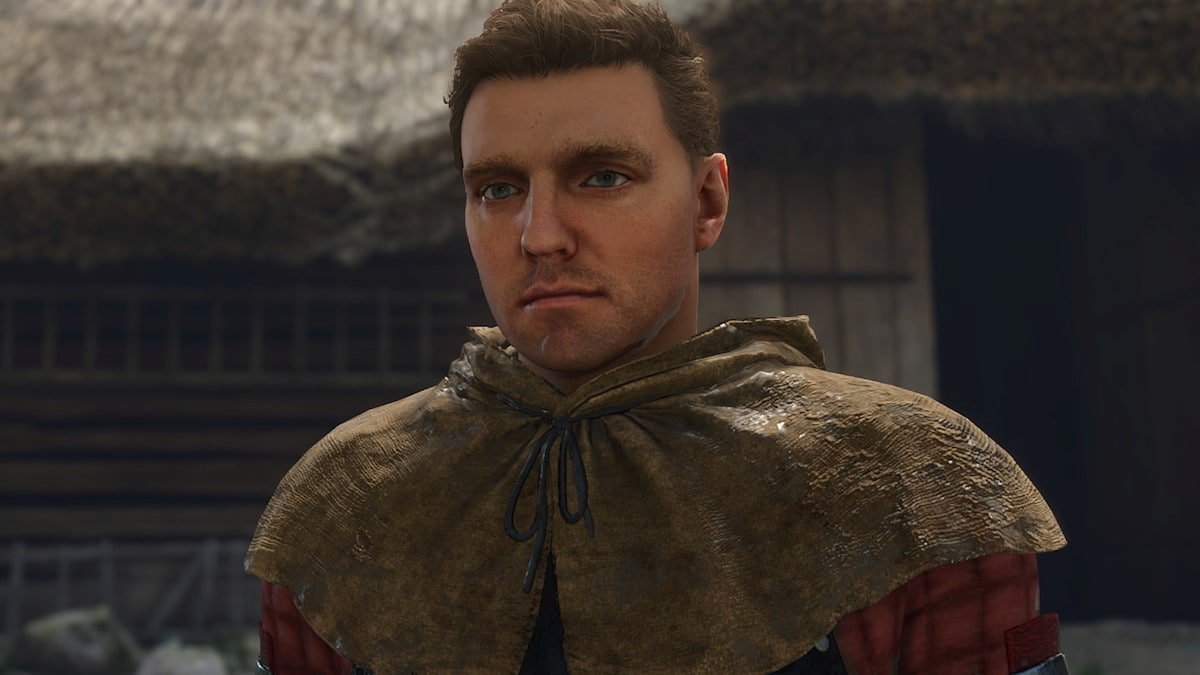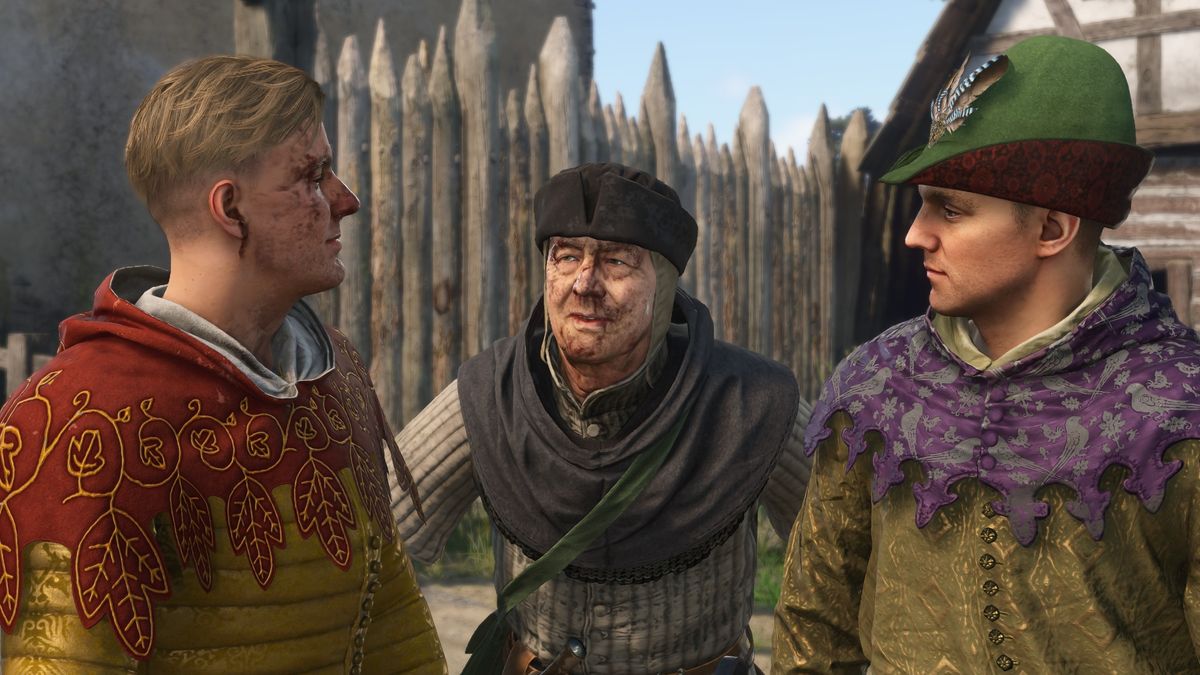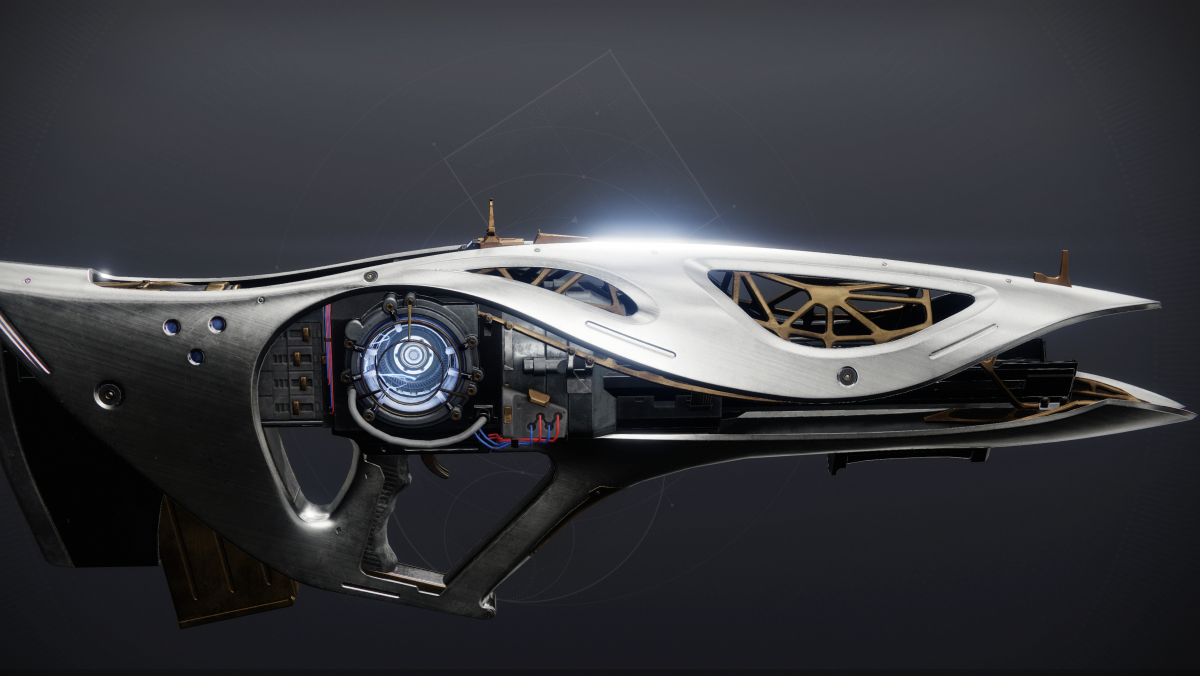Several Destiny 2 characters in the new Heresy update, the final part of Destiny 2’s The Final Shape expansion and storyline, are silent. Destiny 2 developer Bungie said this is due to the ongoing Screen Actors Guild - American Federation of Television and Radio Artists (SAG-AFTRA) strike; “You may notice certain voice lines being silent in-game,” the community team wrote in a blog. It’s one of several companies that’s seen its games impacted by the ongoing strike, which began in July. More than 2,500 video game performers (voice and motion capture actors) are on strike until a new contract — with artificial intelligence protections — is ratified. Though the strike began in July, the actors have been in negotiation with video game companies for more than two years.
Not all video game companies are impacted by the strike, however; companies can sign an interim agreement that gives actors the protections they’re looking for while continuing production. Studio Wildcard, which makes the Ark games, is one studio that’s signed such an agreement. SAG-AFTRA said in October that 49 companies have signed on to these agreements, spanning more than 120 games. The companies impacted by the strike are Activision Blizzard, Disney Character Voices, Electronic Arts, Epic Games, Blindlight, Insomniac Games, Take 2 Productions, VoiceWorks Productions, and WB Games. Bungie isn’t on this list, but Destiny 2 is likely impacted due to the company using an external production company for its voice acting.
Artificial intelligence reportedly remains the big sticking point in negotiation. Generally speaking, SAG-AFTRA is looking for protections for its voice actors from being exploited by generative AI. Performers want protections that prevent companies from making “digital replicas” without “consent, compensation and transparency,” per a union document outlining demands. Kyle McCarley, who voiced 9S in NieR: Automata, said on BlueSky on Wednesday that SAG-AFTRA’s proposals are being rejected, down to the definition of a performer. (SAG-AFTRA said in its documentation that the companies consider movement performance as “data” and not performance, meaning that the proposed digital replica rules wouldn’t apply even if they were agreed to.)
Audrey Cooling, a representative for the group of companies negotiating with SAG-AFTRA, told Polygon that negotiations are ongoing; the companies have submitted a proposal and are awaiting a counter. “We have proposed a deal that includes wage increases of over 15% for SAG-AFTRA represented performers in video games, as well as enhanced health and safety protections, industry-leading terms of use for AI digital replicas in-game and additional compensation for the use of an actor’s performance in other games,” Cooling wrote on behalf of the companies. “We have made meaningful progress and are eager to return to the bargaining table to reach a deal.”
McCarley also said in his posts that the group of companies is looking to exclude work recorded before the contract is ratified from digital replica protections, meaning that a company would be able to create a digital replica of a person from previously recorded work. Compensation and consent to the replica would only come into play in “objectively identifiable” roles for specific projects. (The use of the phrase “objectively identifiable” seems to apply to digital replicas that are identifiable as a specific actor in some way, but not, perhaps, in instances where a voice is obscured or just body movements are used.) Actors are also looking to companies to report usage of digital replicas, so that actors can ensure companies are following the rules and using their likenesses appropriately.
Polygon has reached out to SAG-AFTRA for more details and will update this story when the union responds.

 5 hours ago
2
5 hours ago
2








 English (US) ·
English (US) ·